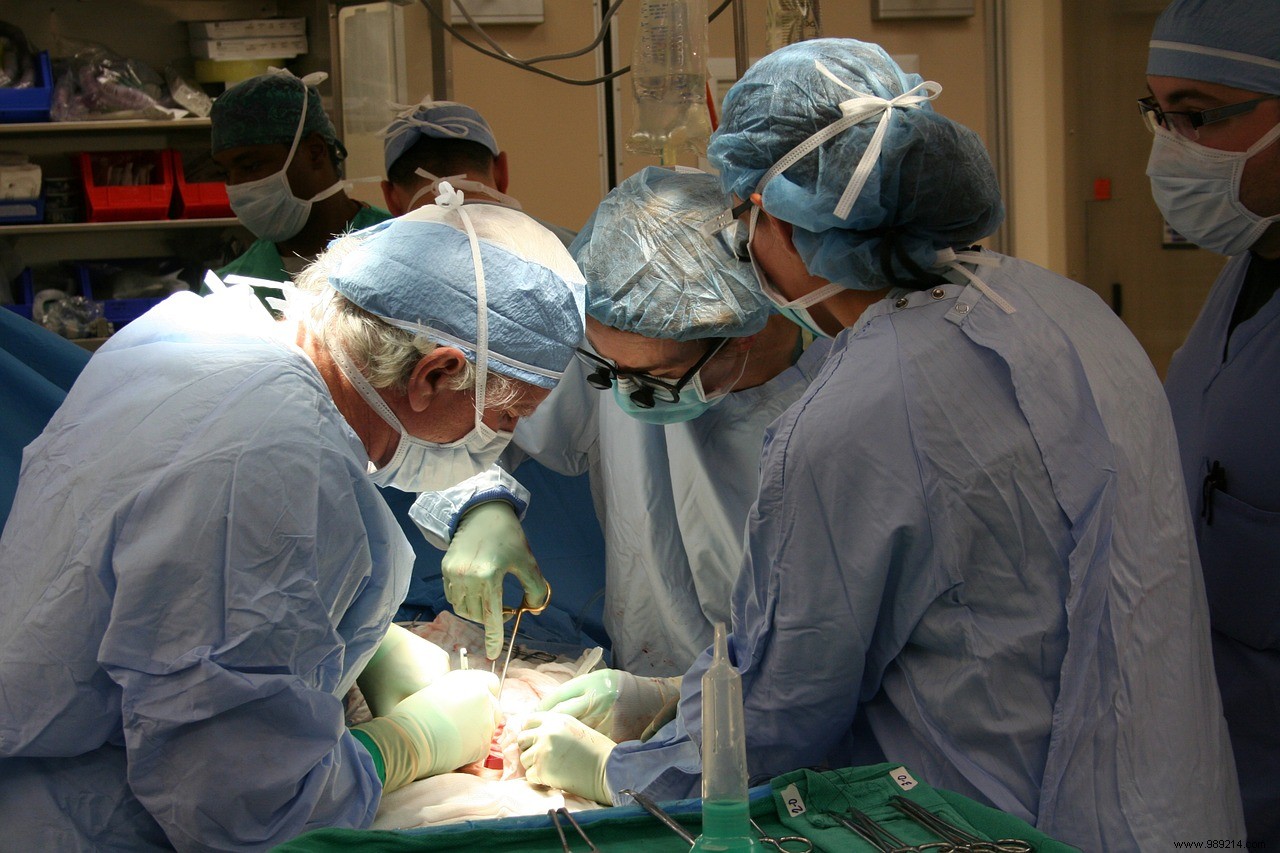Immunosuppressive drug treatments are necessary after transplants to prevent the immune system from rejecting the transplanted organ, which is considered a foreign body. Recently, however, researchers have developed a method that minimizes the risk of rejection. Three children requiring a kidney transplant have successfully benefited from it.
Organ transplants save thousands of lives every year, but they also come with their own set of problems. One thinks in particular of rejections . The human immune system is indeed designed to eliminate cells that do not resemble their host, including those belonging to a given organ. As a result, patients must take medication for life to suppress some of their immunity, so as to prevent organ rejection.
However, these drugs often cause many side effects, including an increased risk of infections, cancer or diabetes. A team from Stanford University in California recently developed a technique to limit this type of problem, at least for some patients.
For this work, the researchers focused on three children living in California. All were born with a rare inherited condition called Schimke's immuno-osseous dysplasia (SCOD). It is a disease that can cause various health problems, such as kidney failure and a weakened immune system.

Here, the team started from the hypothesis that the weakened immune system of these children could allow them to reprogram it effectively to stop treating the given cells as foreign. The technique works by safely transferring immune capabilities from the donor to the patient. To do this, the researchers transplanted bone marrow . It contains stem cells which are the building blocks of our immune cells. They also transplanted a kidney from the same donor.
Before the operation, the children also received immunosuppressive therapy. Donated organs have also been treated to get rid of immune cells that may attack the host body (alpha-beta T cells and CD19 B cells).
Afterwards, all three patients were closely monitored for any signs of rejection. Thirty-four months later, none of them have experienced such a problem. To date, all also have normal kidney and immune function without the need for anti-rejection medication.
These results, published in the New England Journal of Medicine, are based on a very small sample. It will also take time to know if their new kidneys will last over time. However, the technique is promising. Indeed, it suggests that it is possible, at least in some cases, to tame the immune system after an organ transplant.